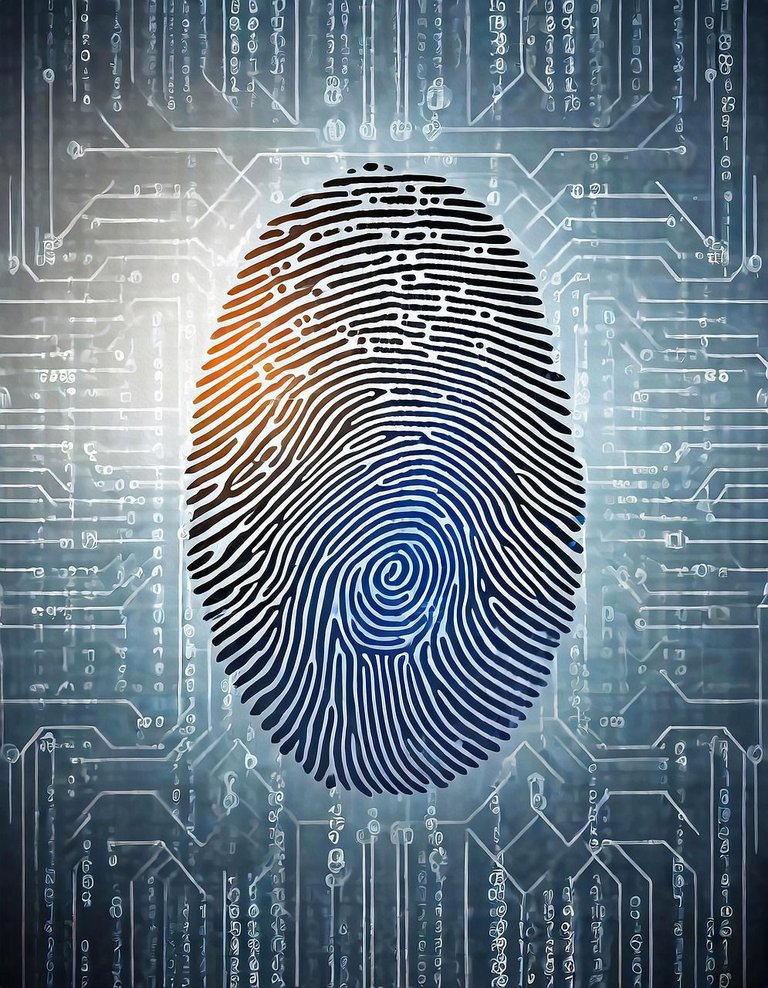Biometrics and the Invisible Economy - How We Unwittingly Sell Our Own Biology?

Biometrics have become the new digital gold. But few realize how easily and frequently this intimate information is collected, processed, and sold. We are moving, perhaps unwittingly, toward a marketplace of our own biology, in an invisible economy where our bodies become a commodity.
What does it mean today to “sell” your personal data? We are no longer just talking about consumer preferences or internet search history. We are already living in an era in which biometrics — the unique and intimate features of each of us: fingerprints, faces, voices, heart rhythms, DNA — are becoming the currency of exchange in an invisible and often unethical economy.
Whether we unlock our phone with a fingerprint, take a “recreational” genetic test to find out our ethnic origin, or allow apps to monitor our sleep or heart rate, with every gesture we unconsciously contribute to a global database. A database that not only does not belong to us, but ends up being marketed, analyzed, and used in ways that ordinary users cannot foresee.
A booming market
The biometrics industry is already worth billions. From technology corporations selling facial authentication solutions to insurance companies integrating genetic and behavioral data into their risk algorithms, the major players in this economy are taking full advantage of the lack of clear legislation and real transparency.

Ironically, we willingly participate in this process. Fascinated by convenience and innovation, we accept the “terms of use” without reading the details. Who still wonders where their voiceprint ends up after interacting with a virtual assistant? Or what happens to the DNA collected by a company like 23andMe after we excitedly learn that we have 7% Scandinavian genes or...maybe some Martian genes😊 or maybe some else?
The real danger is not just that of privacy violations. The stakes are deeper: the reduction of the human being to a set of processable and monetizable data. When our bodies, in their biological essence, become the source of profit streams, what does personal property mean anymore? Do we still have control over our own genetic biography, our voice, the way we look?
There is a risk that we will witness the emergence of a “dictatorship of biometrics”, in which every step, every breath, every feature becomes a factor in an impersonal algorithm that decides access to services, the price of insurance or the chances of employment.
Faced with this reality, awareness becomes an act of resistance. We can no longer be superficial about how companies handle biometric data. It is essential to demand full transparency, strict rules of use, and a clear right to decide on our own biological biography.
As long as we accept this invisible economy without question, we are simply participating in a subtle auction of our own biological identity. And, unfortunately, in such a market, the lowest price is ourselves.
- Many ideas circulating about biometric or genetic data are sometimes exaggerated or taken out of context. Let me explain:
23andMe is a real, American company that offers genetic testing directly to consumers — you send in a saliva sample and they give you information about your ethnic origin, genetic predispositions, etc.
Now, the controversial (and real) part: in the past, the company has signed research partnerships (for example, with pharmaceutical companies like GlaxoSmithKline), anonymously using the collected genetic data — of course, only with the users' consent, but those consents are often difficult to understand.
It's not a "conspiracy", it's an emerging industry in which genetic data is becoming valuable for research, medical innovation... and business. The main problem is the lack of clarity and the fact that once this data leaves the user's hands, control over it is vague.

I refuse to knowingly use biometric data for unlocking devices etc., on the grounds that if a password/pin is compromised I can make a new one, but if my biometric data is copied/compromised, I can not create a new set.
Having said that, I have no idea if my biometric data is being collected without my consent. Is my iPhone logging my fingerprint or facial data covertly, no clue, and I wouldn't be surprised if it was, but when it comes to deliberately allowing a device to store and use my biometrics...no thanks.
My daughter used to have to charge a card with cash to use the at school canteen, then they changed to a fingerprint method, where you charge your account and verify with your finger...I refused to sign the consent form, much to her annoyance, it took a lot of explaining to get a 14yr old to accept that her biometric data is valuable and that her school is not to be considered either competent or trustworthy enough to store this data. There were some "energetic discussions", but now as a 23yr old, she totally gets it and I'd like to think I have influenced her behaviour and attitude in some way by this hard learned but important lesson.